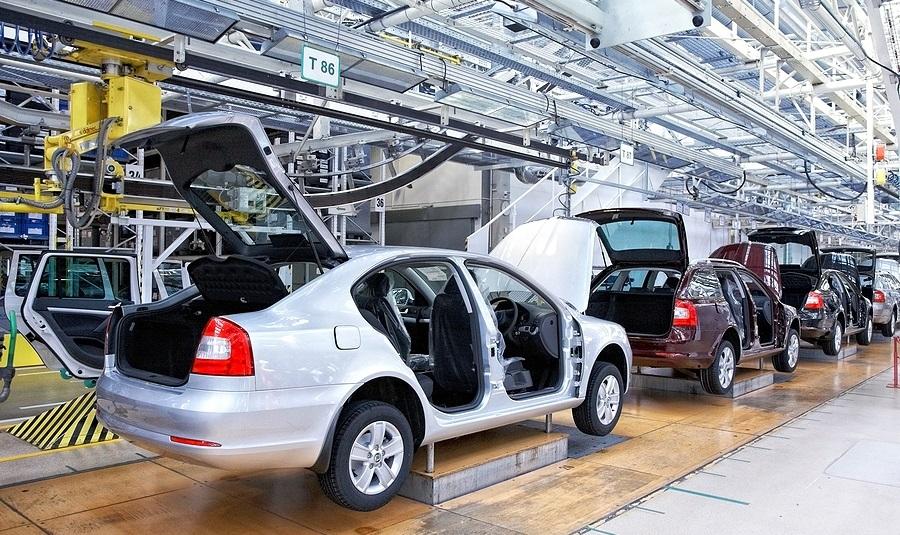Government/Policy

October 17, 2017
Auto Council Challenges Commerce Report
Written by Sandy Williams
The American Automotive Policy Council is challenging data that Commerce Secretary Wilbur Ross cited in his bid to raise the NAFTA auto rules of origin.
In a September report, Ross used data from 1995 to 2011 in an effort to “debunk the claim that U.S. content in the form of parts is so high that we shouldn’t worry about headline gross-deficit figures.” AAPC did its own analysis of the data and identified several “significant problems and inconsistencies:”
-
The data used by Commerce was six years old and the last year of the data, 2011, was in the middle of the Great Recession recovery. A period, AAPC noted, that “coincided with a 50 percent reduction in U.S. auto production.” Auto production did not return to pre-recession levels until 2016.
-
U.S. auto parts exports to Mexico outpaced growth in Mexican auto production from 2000-2016. Value of U.S. auto parts exports soared 225 percent compared to 186 percent growth in Mexican production.
-
U.S. manufacturing became more globally competitive since 2000 led by a rebounding auto industry, AAPC wrote. The auto industry grew 67 percent since 2009, while the economy grew 32 percent. The U.S. auto industry also led the nation in job creation and growth, growing 48 percent compared to 13 percent in non-farm employment during the same time period.
According to Commerce, U.S. value-added content in Mexican auto imports dropped from 29.6 percent in 2000 to 18.1 percent in 2011. AAPC recalculated the data, first measuring the value of U.S. auto parts in Mexican-produced vehicles, then using the total U.S. auto parts exported to Mexico, total vehicle production in Mexico, and the average price per vehicle to determine the value of U.S. content in Mexican production. The result revealed that U.S. auto parts content in Mexican vehicles averaged about 35 percent and remained relatively steady from 2000 to 2016.
In the chart below, Commerce extends the trend line to indicate U.S. content dropping 40 percent from 2000 to 12 percent in 2016.
“By any measure, this is clearly not consistent with global trade flows, production volume changes in both the U.S. and Mexico, and the recent performance and growing competitiveness of the U.S. auto industry,” wrote AAPC.
Commerce indicated in its report that growth in auto parts into Mexico from non-NAFTA sources had “more than doubled,” a trend that AAPC analysis confirmed. However, even after doubling, said AAPC, the non-NAFTA imports have been flat since 2010.
“Based on our analysis, we strongly recommend that the Trump administration reevaluate the data and analysis before using the Commerce study and the OECD trade in value added data as a rationale for making dramatic changes to U.S. trade policy, including the NAFTA automotive rules of origin,” wrote AAPC in its conclusion.








